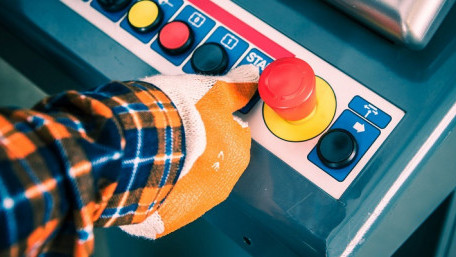
Machine safety design can be a daunting task with all the different safety devices on the market today. Choosing the correct device for your design can be made…
Machine safety design can be a daunting task with all the different safety devices on the market today. Choosing the correct device for your design can be made easier by understanding when to use the proper device.
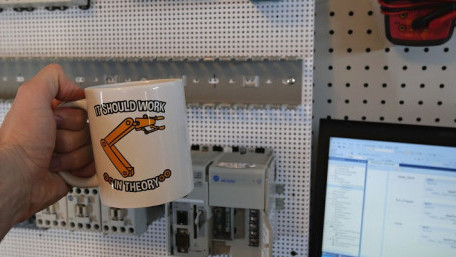
We are taught that parallel circuits maintain equal voltage across all branch resistors, equally sharing the source…
We are taught that parallel circuits maintain equal voltage across all branch resistors, equally sharing the source voltage. But reality is often far from ideal, and individual devices certainly impact the rest of the circuit.
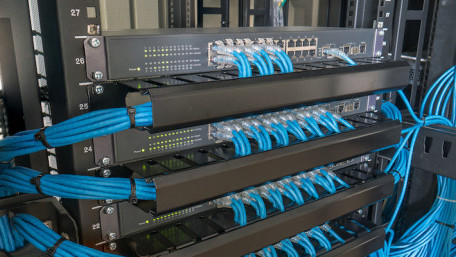
Industrial network switches connect automation equipment, controllers, and other such devices. Learn about unmanaged,…
Industrial network switches connect automation equipment, controllers, and other such devices. Learn about unmanaged, managed, and PoE enabled switches, as well as the differences between switches, routers, and hubs.

Memory for data is among the most pressing challenges to Industry 4.0. Given the evolving nature of Industry 4.0 and…
Memory for data is among the most pressing challenges to Industry 4.0. Given the evolving nature of Industry 4.0 and associated memory solutions, however, some memory-based trends are becoming apparent.
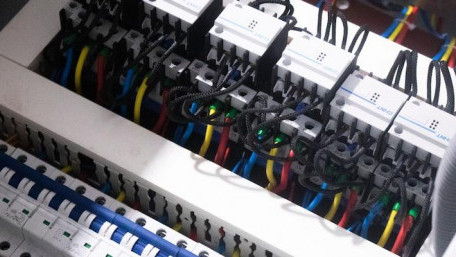
Designing a system with motor motion always includes a consideration of safety. Incorporating safety contactors might be…
Designing a system with motor motion always includes a consideration of safety. Incorporating safety contactors might be the correct prevention to protect equipment and users but may add additional challenges.
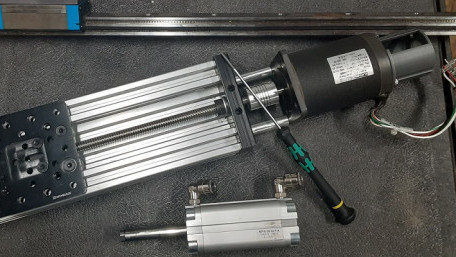
Actuators are used to control the motion of manufacturing devices and raw materials. This article will compare electric…
Actuators are used to control the motion of manufacturing devices and raw materials. This article will compare electric actuators and several types of fluid-power actuators.
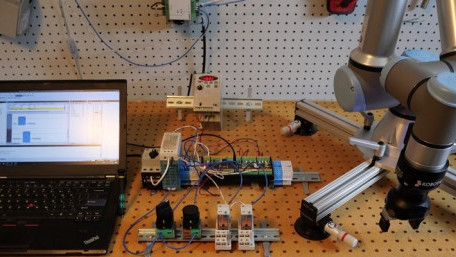
Previously, we described how to use the new Arduino PLC IDE to control discrete devices. This tutorial will describe how…
Previously, we described how to use the new Arduino PLC IDE to control discrete devices. This tutorial will describe how to connect various peripheral equipment (VFD and robot) using analog inputs and outputs.
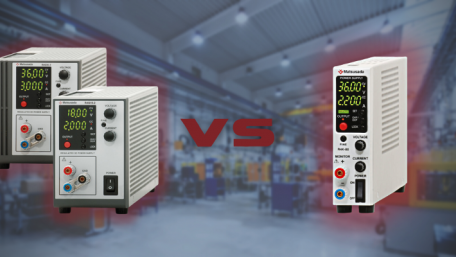
Linear and switch-mode power supplies provide direct current to power control components and electrical devices. Learn…
Linear and switch-mode power supplies provide direct current to power control components and electrical devices. Learn about the differences between the two power supplies and which one is best for your control system.
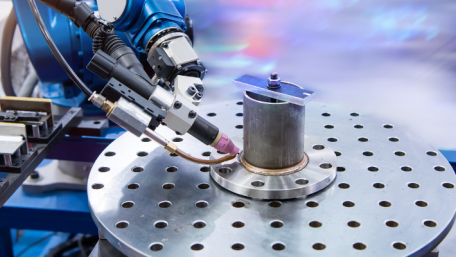
Programming robots may seem like a simple task of moving from point to point, like a really expensive game of Connect the…
Programming robots may seem like a simple task of moving from point to point, like a really expensive game of Connect the Dots. Linear, joint, and circular motion commands affect robot movement differently, each meant to be used in certain settings.

Many control product manufacturers offer these downloadable ‘EDS files’ for peripheral equipment, but what exactly is…
Many control product manufacturers offer these downloadable ‘EDS files’ for peripheral equipment, but what exactly is an EDS, and how can they aid in the development of a project?
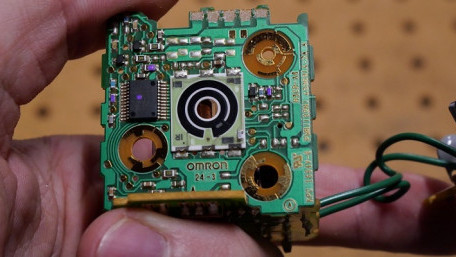
PLCs and microprocessors have largely replaced timing functions in control circuits. But these timer relays still hold…
PLCs and microprocessors have largely replaced timing functions in control circuits. But these timer relays still hold many necessary tasks. What’s inside these devices might be more complex than you imagined!
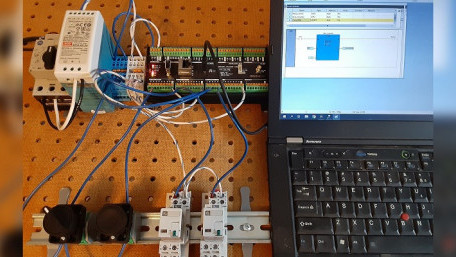
Following the release of the official Arduino PLC IDE, this tutorial will introduce programming and understanding of the…
Following the release of the official Arduino PLC IDE, this tutorial will introduce programming and understanding of the function blocks common to all IEC 61131 languages, starting with bit commands, timers, and counters.
We know that servo motors are found inside machines that rely on precise motion with feedback to verify proper operation,…
We know that servo motors are found inside machines that rely on precise motion with feedback to verify proper operation, but how do they work, and what makes them different from any other kind of motor?
Coil, field winding, rotor, stator, eddy current… When it comes to motors, there are numerous terms that describe the…
Coil, field winding, rotor, stator, eddy current… When it comes to motors, there are numerous terms that describe the theory of operation, but what is inside a 3-phase motor? Take a look, and learn how they work.
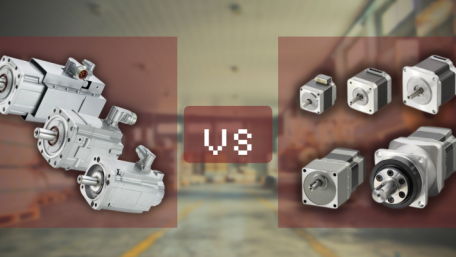
When accurate positioning and speed control is needed, most engineers turn to servo motors or stepper motors, but what is…
When accurate positioning and speed control is needed, most engineers turn to servo motors or stepper motors, but what is the difference between the two, and which is the right choice?
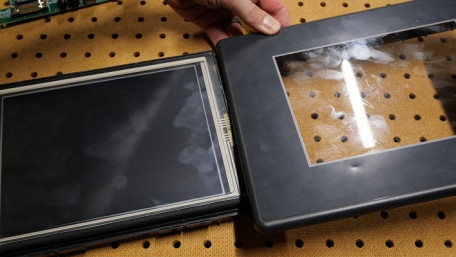
Human-machine interfaces, or HMIs, provide visual process data and allow access to process parameters and diagnostics…
Human-machine interfaces, or HMIs, provide visual process data and allow access to process parameters and diagnostics information. What’s inside these touchscreen displays, and how do they actually work?
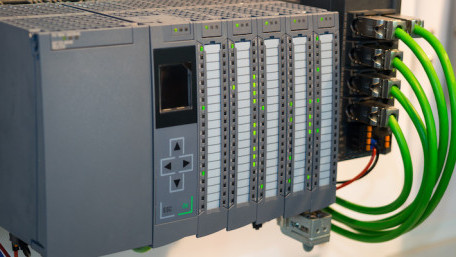
Learn how to make complex calculations for validating data easily with the STD instruction, and learn how to display…
Learn how to make complex calculations for validating data easily with the STD instruction, and learn how to display array sizes programmatically with the SIZE instruction.
Air power drives a lot of modern equipment. Robot grippers, ejectors, actuators, and rotary tables are just a few of the…
Air power drives a lot of modern equipment. Robot grippers, ejectors, actuators, and rotary tables are just a few of the devices controlled by air. What’s inside those banks of solenoid valves, and how do they work?
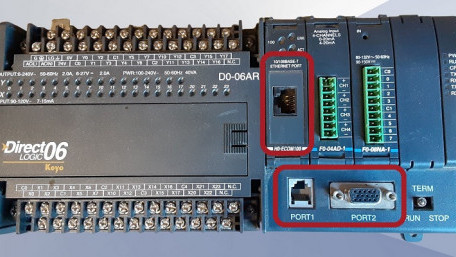
Industrial communication channels often contain terms such as ‘Modbus over RS485’ or ‘CIP Safety over Ethernet’.…
Industrial communication channels often contain terms such as ‘Modbus over RS485’ or ‘CIP Safety over Ethernet’. What does it mean to send one network over another, and how does it work to your advantage?
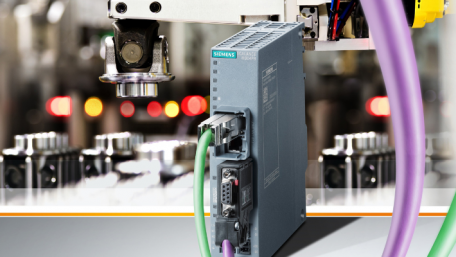
Network routers are designed to route and pass information between a system of connected computers and devices. Learn…
Network routers are designed to route and pass information between a system of connected computers and devices. Learn about the role of routers in industrial applications and how to properly maintain them.
